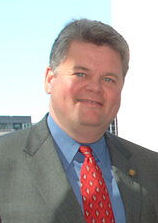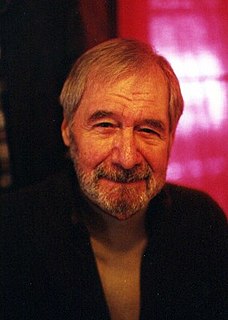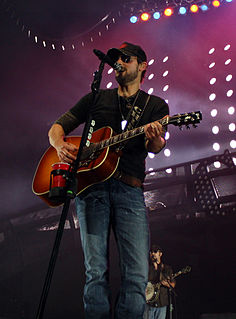A Quote by Ban Ki-moon
Cities can be the engine of social equity and economic opportunity. They can help us reduce our carbon footprint and protect the global environment. That is why it is so important that we work together to build the capacity of mayors and all those concerned in planning and running sustainable cities.
Related Quotes
That's not a utopian vision. It is a set of ideas that we think are important to discuss. Those ideas largely have to do with sustainability of cities. The ability of cities to, over time, remain in balance with the resource streams that are available to them, and they have to do with social justice and equity of the fundamental conditions of satisfactory citizenship.
My first goal would be to reduce the perturbation in the carbon cycle. That would mean using carbon neutral sources of energy, and changing our agricultural practices to be less disruptive and polluting. I'm not talking about a policy here so much as changing the way our infrastructure works. That's why I'm so fascinated with changing the way we build cities, because they are the most developed forms of physical infrastructure for human habitation.
The opportunities of the twenty-first century make those of us who care about cities feel like kids in a candy store: How will cities survive and lead the way in the transformation required to combat global warming? Resilient Cities gives us a road map for this epic journey upon which we are embarking.
When mayors get together they probably have better conversations and have better notes to share about running different cities, and just do what suits. Basically, like when you combine all the religions and take the best bits, you should be able to combine all the cities and take the best bits, the information, the tried and tested things.
Fifty percent of the world's population lives in cities. In a couple of decades, 70 percent of the world's population will be living in cities. Cities are where the problem is. Cities are where the solution is, where creativity exists to address the challenges and where they have most impact. This is why, in 2005, the C40 was founded, an organization of cities that address climate change. It started with 18 cities; now it's 91. Cities simply are the key to saving the planet.
Cities must urge urban planners and architects to reinforce pedestrianism as an integrated city policy to develop lively, safe, sustainable and healthy cities. It is equally urgent to strengthen the social function of city space as a meeting place that contributes toward the aims of social sustainability and an open and democratic society.
We're starting with our own carbon footprint. Not nothing. But much of what we're doing is already, or soon will be, little more than the standard way of doing business. We can do something that's unique, different from just any other company. We can set an example, and we can reach our audiences. Our audience's carbon footprint is 10,000 times bigger than ours... That's the carbon footprint we want to conquer.









































